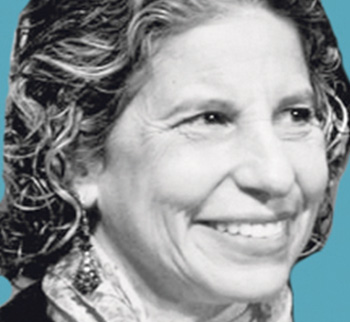I know something. But how much do I know and what can I claim as a result? What does knowing something mean?
The famous quote, “Well I know a thing or two about a thing or two,” attributed to Robert DeNiro’s character Dwight Hansen in the movie This Boy’s Life, seems appropriate for my state of knowledge.
What does it mean to know a thing or two? In some sense, we can infer that the subject is very knowledgeable about many topics – almost a renaissance person!
Yet the plain meaning is much more circumscribed. The speaker can only claim to know one or two things about one or two things. This then represents quite a limited education. And perhaps that is the best we can say about the state of our wisdom.
Given this attitude – which I think is a healthy one – it behooves us to be humble about what we proclaim. I am especially concerned with how we read the newspaper or receive the news in general. If we begin with the notion that having read one column, or – heaven forbid – watched CNN, we now know the situation and can report on it to all, then we are exhibiting an unfounded arrogance. The honest reporter can only claim to know a thing or two about said topic. How can we claim more?
In the Jewish world, we might be more sensitive to this perspective from observing the news about Israel. Reports are full of half-truths and misdirected information. The Israel I know is a place of innovation, excitement, culture and wonderful people. It is also a place of great complexities and contradictions. Yes there are tensions, but to know a thing or two about Israel should include knowledge of its vibrancy and intricacy.
To understand our religion, like any religion, requires great depth of knowledge and awareness of long histories and variable interpretations. It requires patience, study and exposure. One cannot know Judaism just by reading one book or taking one course. One cannot know Judaism by stopping classes at age 12 or 13. One cannot know it intellectually without experiencing the ritual and ceremonial aspects. This means that true to my opening quote, mostly we can only lay claim to a very partial knowledge.
Nonetheless, I must mention my uneasiness about the applicability of that quote in my own life. Since I am a teacher do I not proclaim, by definition, that I know a lot more than a thing or two? How can I teach without declaring that I am indeed truly knowledgeable? In fact, by taking on the title professor, by being inducted into the realms of scholarship, by the very fact that I am paid to impart knowledge, I am ipso facto attesting to my greater erudition.
I am caught in between both these approaches.
I prefer the humility approach to knowledge. Humility, true modesty, is the best way. But I must acknowledge that I know more than a thing or two about my specific areas of specialization. I want to be respectful and even modest about my learning. I also want to teach.
My path then seems to be to admit that while I teach I don’t know all there is to know. My knowledge is limited by my own experience and history and by the fact that we keep discovering more. That old world attitude of final truths cannot be applied today. All our theories and preconceived ideas are waiting new data and transformation. There is so much more to discover.
And that is the wonderful truth about knowledge. There is always more to learn. Clearly, I can teach because I do know a thing or two or more about a thing or two or more. But I want to know even more so I keep on studying and being circumspect about all that I do know.
